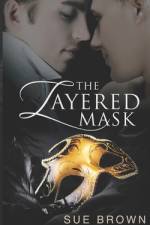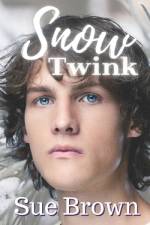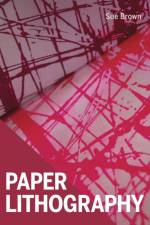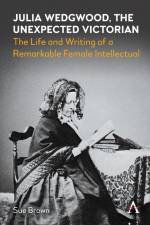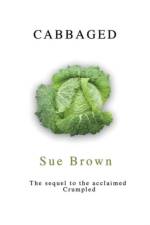av Sue Brown
517 - 1 801
Julia Wedgwood (1833-1913) was a leading Victorian female non-fiction writer who ventured fearlessly into the reserved territory of the Victorian "e;man of letters"e;, writing about the Classical world, Darwinism, German Biblical criticism, moral philosophy, theology and science as well as literature and history. Her successful debut as a novelist was halted by her father's objections. Non-fiction proved a more congenial metier and she was a regular contributor to the Spectator, Contemporary Review and other upmarket periodicals. Her books include The Moral Ideal and The Message of Israel and biographies of John Wesley and her great grandfather, Josiah Wedgwood. Based on her extensive correspondence this biography also considers the tensions in her family life, the challenges she faced in establishing an unconventional, independent household and the impact of her deafness. Her wide, eclectic circle of friends included Harriet Martineau, Mrs Gaskell, her uncle Charles Darwin and his family, Browning who might have married her, F.D. Maurice, George Eliot, Frances Power Cobbe, Arthur Munby, Mary Everest Boole, Richard Hutton and the young E.M. Forster. She also played a significant role in Victorian feminism.Amongst the many themes explored are the pioneering days of women's higher education and first wave feminism, feminist theology and the significance of female friendships, Christian Socialism, Darwinism, idealism and Victorian agnosticism, spiritualism, antivivisectionism, periodical writing, perceptions of the Classical world, the impact of German Biblical criticism and the Wedgwood family's sense of itself and its history.




